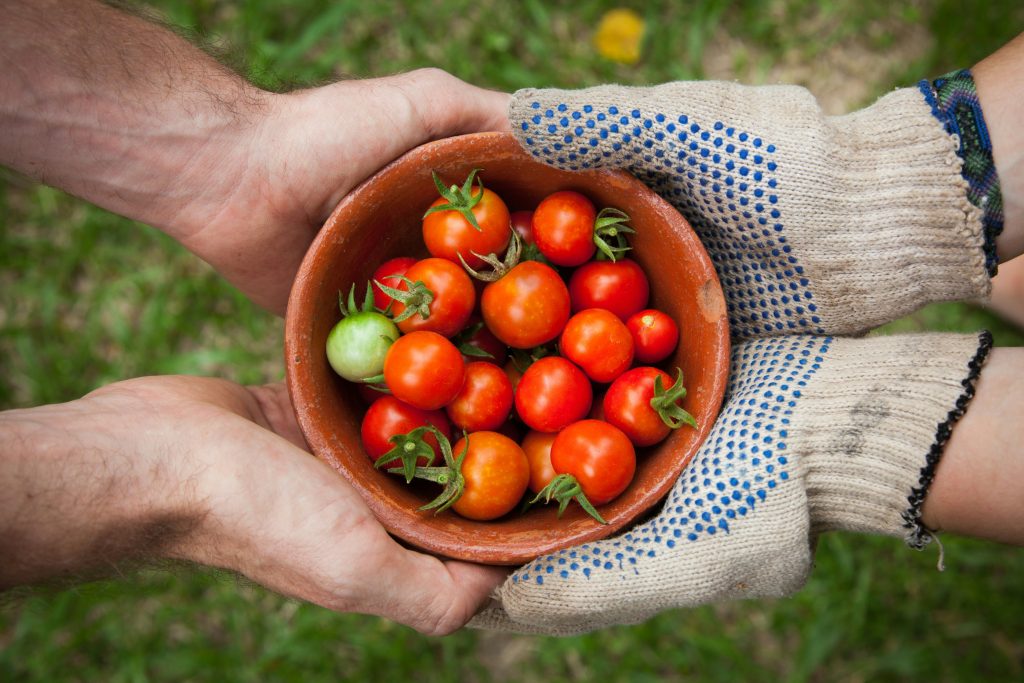Is the CAP a ground for European solidarity or disunion?

The Common Agricultural Policy (CAP) has been based on three types of solidarity since 1962: financial solidarity between Member States, Community preference and the solidarity of the Community towards farmers. These types of solidarity have been led astray or weakened over time while new measures favourable to European cohesion have been incorporated into the CAP in the 1970s and the 1980s: compensation of natural handicaps, food programme for the most deprived persons, rural development.
Whilst it was a pioneer in European solidarity, the CAP causes a division which peaks regularly during budgetary negotiations. The distribution of direct aid (a third of the EU’s expenditure) crystallises criticisms: it is more advantageous to big farming countries to the detriment of rich countries with little agriculture; it benefits regions in different ways according to their territorial specialisation; it foresees a different system between the EU15 and EU12 until 2013. This situation gives the impression that European public money is badly spent.
This policy paper proposes the state of European solidarity mechanisms within the CAP, evaluates the relevance of it in the modern context and comes up with proposals to reform them after 2013.




